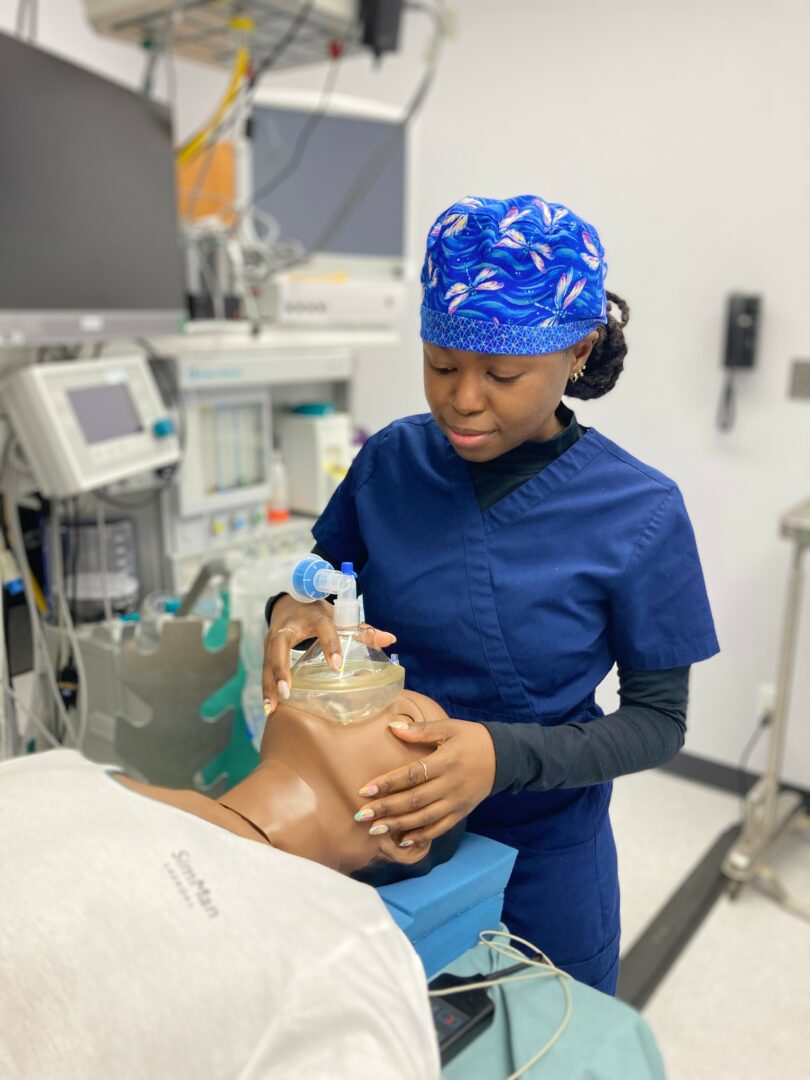Alright – so today we’ve got the honor of introducing you to Dr. Roselyn Sylvain, Dnp, Aprn, Crna. We think you’ll enjoy our conversation, we’ve shared it below.
Hi Dr. Roselyn, appreciate you sitting with us today to share your wisdom with our readers. So, let’s start with resilience – where do you get your resilience from?
Resilience: the ability to adapt, recover, and thrive in adversity, challenges, or significant stress. It is not just about enduring difficult circumstances but also about growing stronger through them.
The resilience I exhibit stems from a deep understanding of my identity and heritage as well as the teachings rooted in scripture. Self-awareness is crucial to problem-solving in a way that produces thoughtful, effective, and meaningful solutions. One of my recent goals, completing a rigorous Certified Registered Nurse Anesthesia program, has encouraged me to re-evaluate my faith and values. Throughout this journey, I read the bible daily. Doing so has equipped me to manage my emotions effectively, even in tough situations, to maintain clarity and balance. Reading has helped me to remain optimistic with positive affirmations. And most importantly, building and relying on a strong network of supportive relationships. Understanding your identity and current position, combined with a desire to lead a meaningful life and make a positive impact on society, will nurture resilience. Since both of my parents are byproducts of Hispaniola, their great qualities of science and art have transcended from them to me. Now I am here to carry on that legacy.
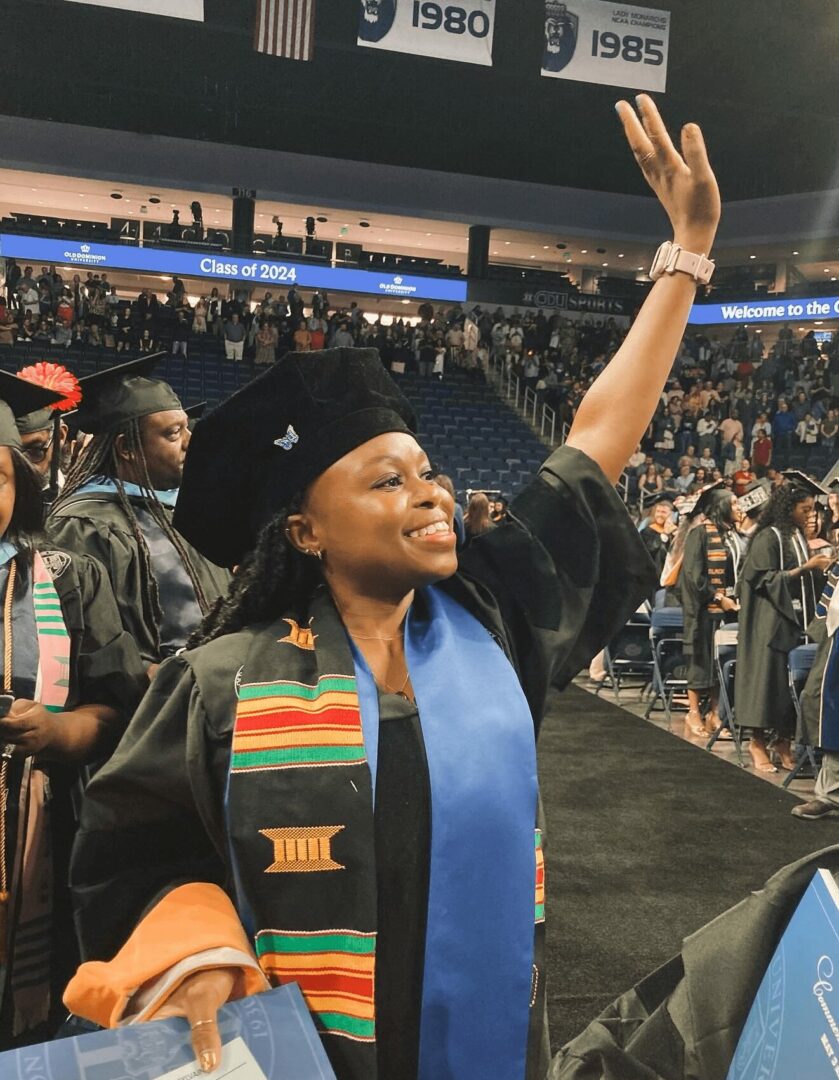
Appreciate the insights and wisdom. Before we dig deeper and ask you about the skills that matter and more, maybe you can tell our readers about yourself?
I am a Certified Registered Nurse Anesthetist (CRNA). CRNAs are advanced practice registered nurses (APRN) who are highly trained to administer anesthesia and provide anesthesia-related care. CRNAs are experts in anesthesia management and play a crucial role in various medical settings, including surgeries, labor and delivery, and pain management procedures.
To become a CRNA, one must complete a doctoral program in nurse anesthesia, which typically requires a background in nursing and experience in critical care. After graduation, CRNAs must pass a national certification exam to become licensed. They are skilled in assessing patients’ anesthesia needs, administering anesthesia agents, monitoring vital signs during procedures, and ensuring patient safety throughout the process. CRNAs can work independently or as part of a healthcare team, depending on the regulations in their state or country.
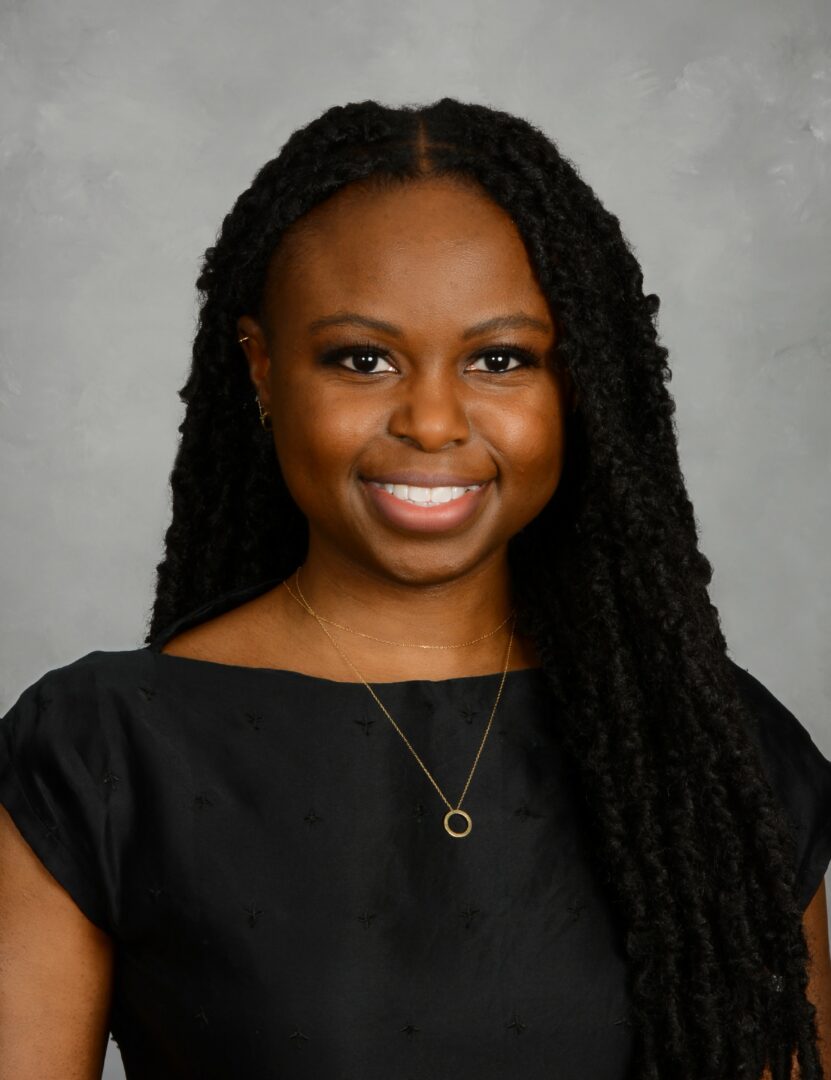
Looking back, what do you think were the three qualities, skills, or areas of knowledge that were most impactful in your journey? What advice do you have for folks who are early in their journey in terms of how they can best develop or improve on these?
Clinical Expertise: My nursing background and critical care experience provided the foundation of knowledge and hands-on skills essential for excelling in anesthesia care and transitioning into the specialized role of nurse anesthesia.
Critical Thinking and Problem Solving: As a CRNA, quick, accurate decision-making is vital. Critical thinking helps with patient assessments, anesthesia adjustments, and handling complications, making it crucial for staying calm and effective in challenging situations.
Commitment to Lifelong Learning: Anesthesia evolves with new techniques and technologies. Staying committed to continuing education helps me adapt to changes and provide the best care for my patients.
So I say to folks who are early in their journey, the best way you can develop or improve on these are:
Gain hands-on experience in clinical settings, especially critical care, to refine technical skills and deepen patient management knowledge. Ask questions, seek mentorship, and stay curious. Actively look for opportunities to observe, assist, and practice under supervision to enhance your clinical expertise.
Practice decision-making in clinical scenarios, anticipate complications and reflect on your choices. Engage in simulation training to improve problem-solving under pressure. Also, develop stress management skills through mindfulness, meditation, or exercise to build resilience.
Embrace lifelong learning by attending workshops, reading regularly, and joining study groups. Seek feedback from mentors, instructors, or colleagues and reflect on experiences to identify areas for improvement and focus on growth.
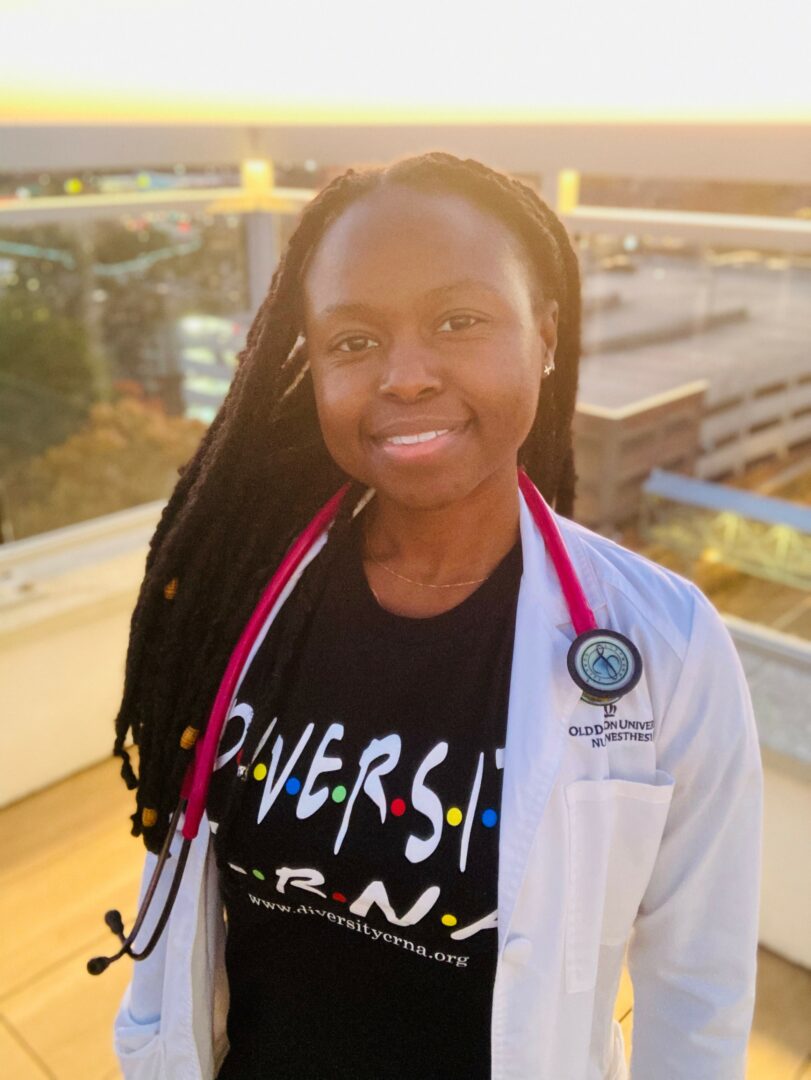
What do you do when you feel overwhelmed? Any advice or strategies?
When I feel overwhelmed, I step back, ground myself, and return to basics. I set realistic expectations, give myself grace if things don’t go as planned, and break larger tasks into smaller, manageable steps to tackle one at a time.
As a form of self-care, I’ve tried Functional Patterns, founded by Naudi Aguilar. This system improves everyday and athletic movements by addressing posture, gait, and muscular imbalances, reducing pain, preventing injury, and enhancing performance.
I also reach out for support; whether from a mentor, friend, or colleague—talking can lighten the mental load. Reading the Bible has also been a source of comfort and guidance for me.
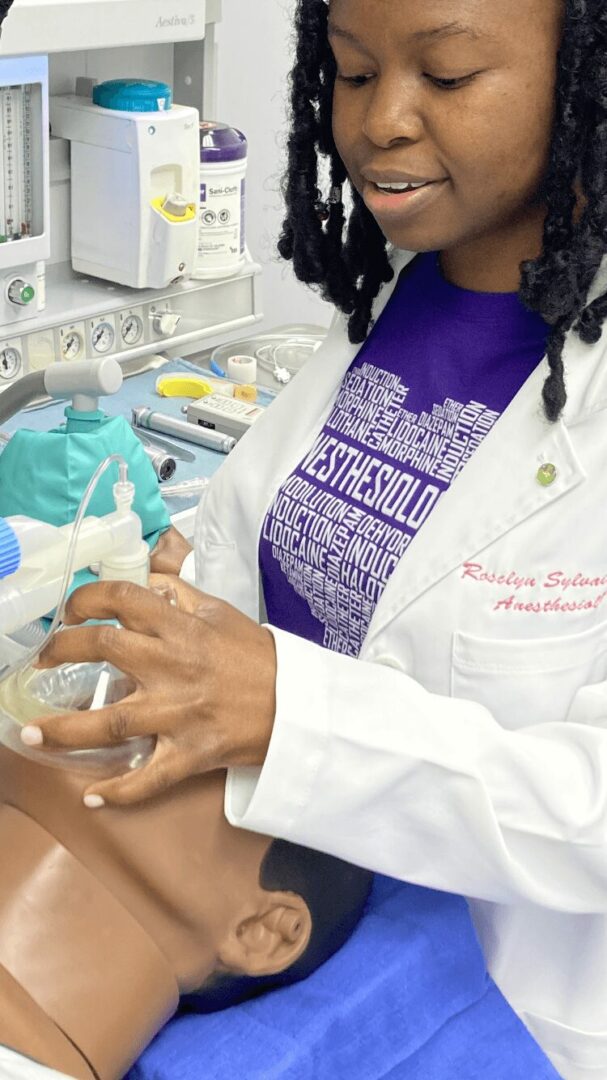
so if you or someone you know deserves recognition please let us know here.

